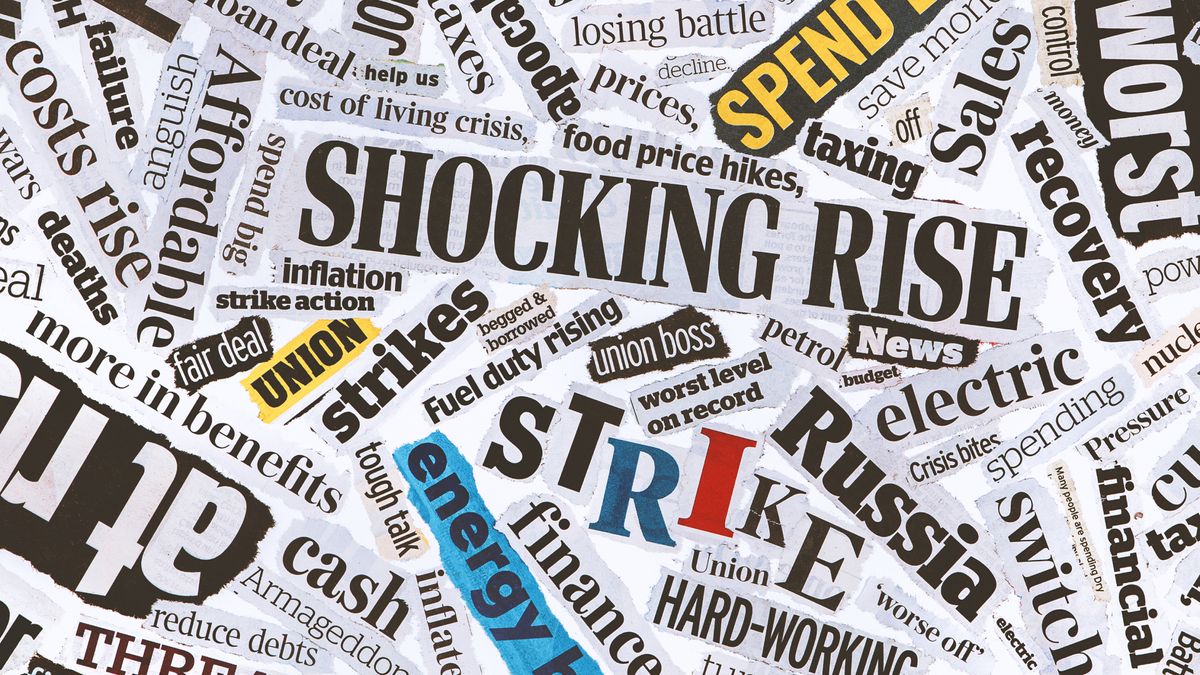Over the weekend, Ukraine’s President Volodymyr Zelenskyy rallied countries from around the world to support his call for Russia to end its invasion.”Russia can start negotiations tomorrow if they pull out of our territories,” Zelenskyy said at a peace conference in Switzerland, according to the BBC.The conference is one of the most high-profile attempts to date to find an agreement on routes to peace.But there are some crucial problems. Russia wasn’t there, nor was its key global backer, China.Nearly 100 countries did send delegations, including many of Ukraine’s most important allies and major non-Western powers.At the end of the conference, around 80 signed a document blaming the war on Russia and affirming Ukraine’s territorial integrity.But it was telling who did not sign — Saudi Arabia, Brazil (which didn’t formally attend but sent a delegation), India, and South Africa.”Unfortunately there are people who are still balancing,” Zelenskyy said of the abstentions.He said Russia was seeking to divide the world against Ukraine — evidently with some success.Russia’s President Vladimir Putin is seeking to drive a wedge between them and the West, using oil, propaganda, and diplomacy.It has been especially effective in the “global South” of non-Western powers whose wealth and influence on world affairs is growing.Exploiting global divisionsIn the wake of Russia’s full-scale invasion of Ukraine in February 2022, the US assembled a coalition of countries to impose punishing sanctions on Russia and isolate it diplomatically.However, powerful non-Western countries refused to take part.
Each of the countries that refused to sign the Ukraine document has strong ties with the US, particularly India and Saudi Arabia, who want American help in regional power struggles.But each has also maintained good relations with Moscow, with Putin using Russia’s oil and diplomacy to cultivate relations.To offset Western sanctions, Russia sold oil at cut-price rates to India and Brazil and has worked closely with Saudi Arabia to control global prices.Russia has succeeded in “bringing deep-seated resentment against the West to the fore,” wrote Chatham House analyst Natalie Sabanadze in May.”Many states have relished the opportunity to defy Western pressure by helping Russia evade sanctions and reaping benefits for themselves in the process.”Putin has exploited long-standing grievances about Western imperialism and has renewed alliances forged during the Soviet era.Russia renews Cold War-era alliancesDuring its period of racial apartheid, tolerated by many in the West, the then-USSR opposed it and supported the ANC party, which has ruled since apartheid ended.The Soviet Union also helped India in its Cold-War-era clashes with Pakistan.Some of those allegiances appear to have held firm.Over the past year, Russia has organized conferences with African and Latin American nations. It is seeking to expand the BRICS group of major non-Western economies, viewing it as a bulwark against Western powers.Russia has also seized on claims that Western support for Israel in its war against Hamas is evidence of hypocrisy.It is to Putin’s advantage when those countries see Russia vs. Ukraine and Israel vs. Hamas as equivalent struggles, both complex enough to avoid taking a side.Some analysts also suggested a more cynical calculus, telling Business Insider that some countries are simply hedging their bets by refusing to back either Russia or Ukraine.Saudi Arabia and India have both trod this middle path.Pavan Kapoor, a senior Indian diplomat, said his country did not endorse the statement from Switzerland because “only those options acceptable to both parties can lead to abiding peace.”For Putin, that fence-sitting is proof of success.





